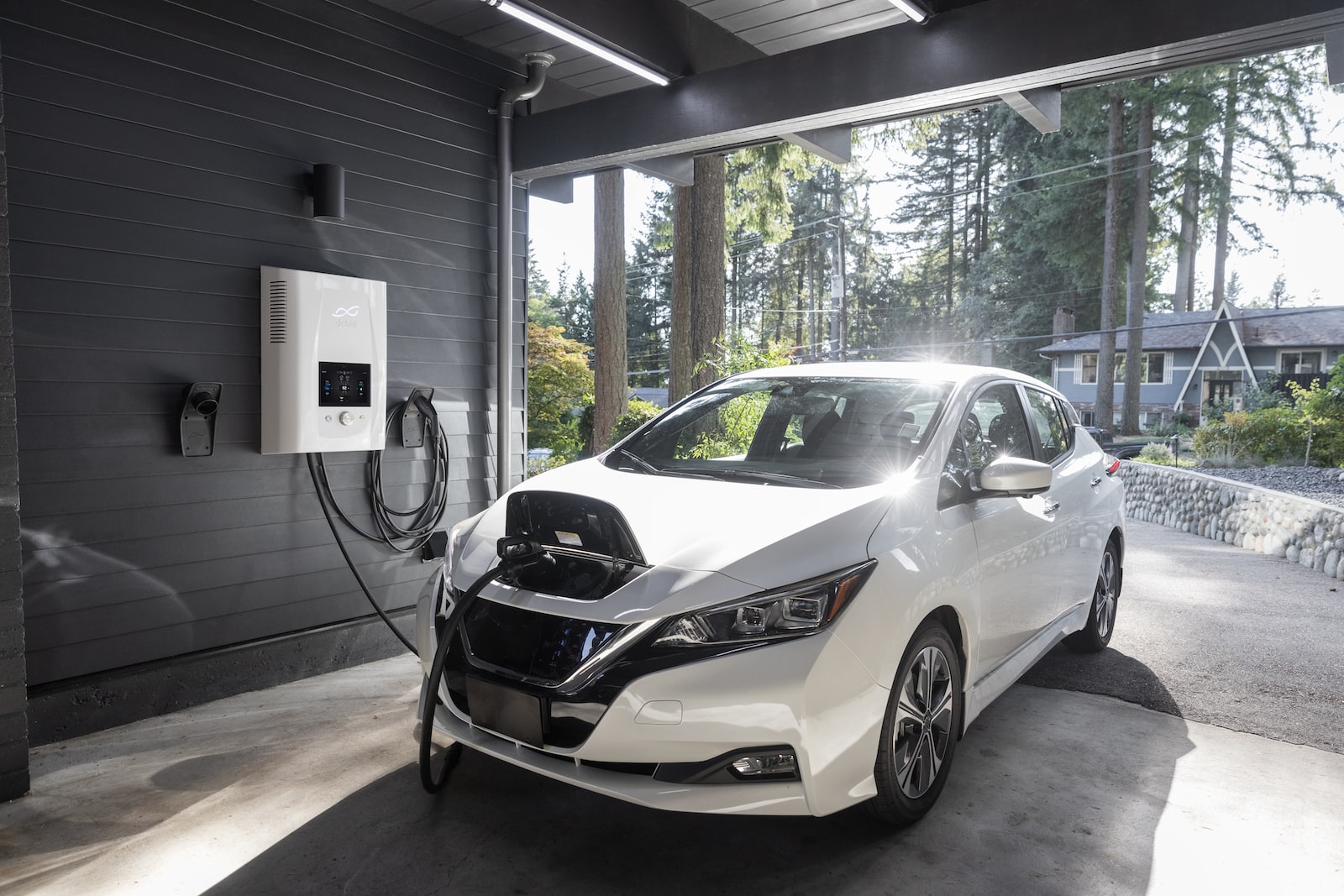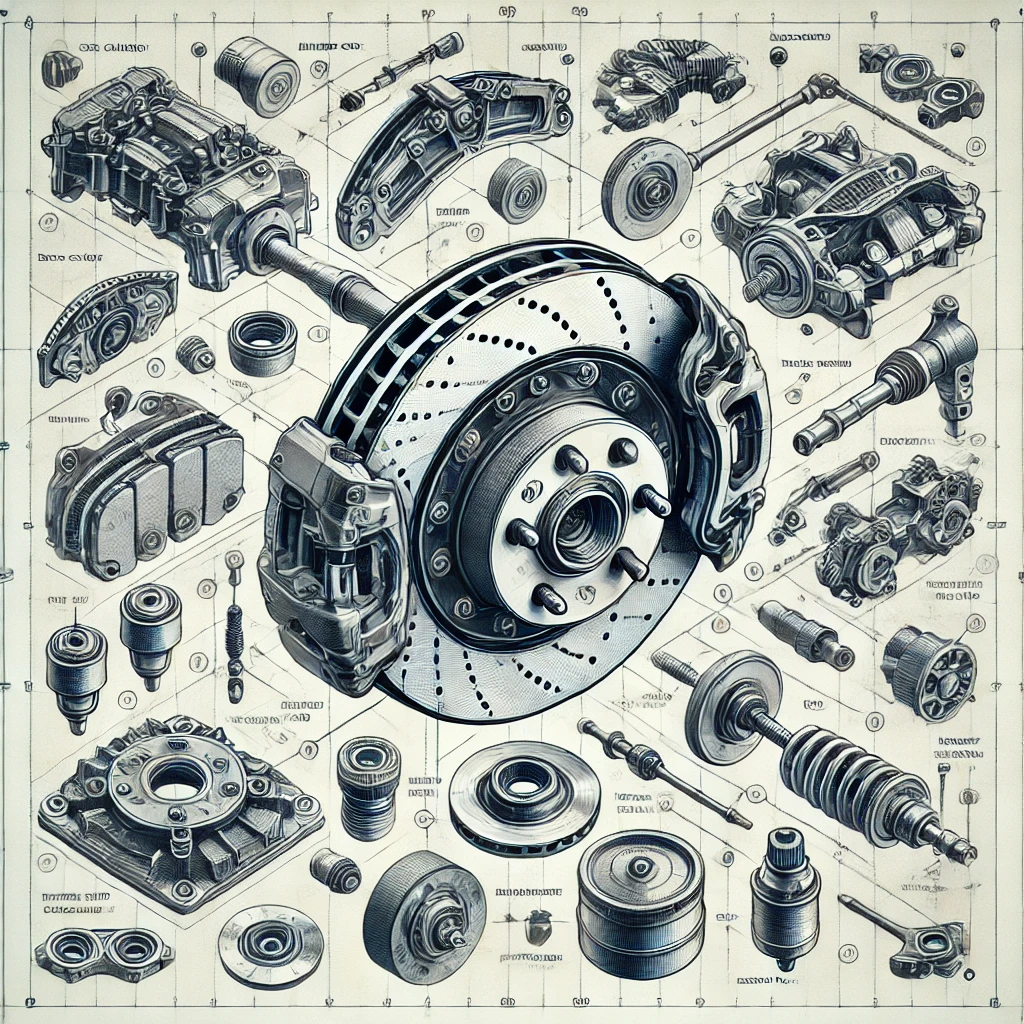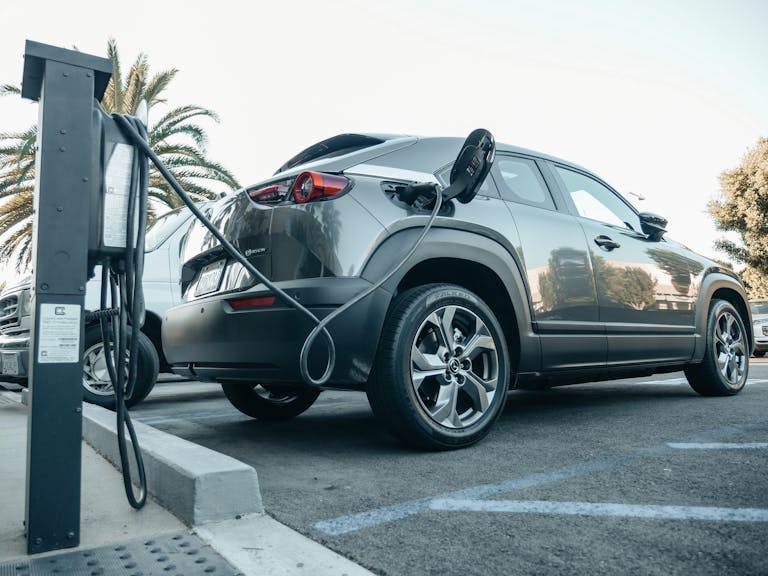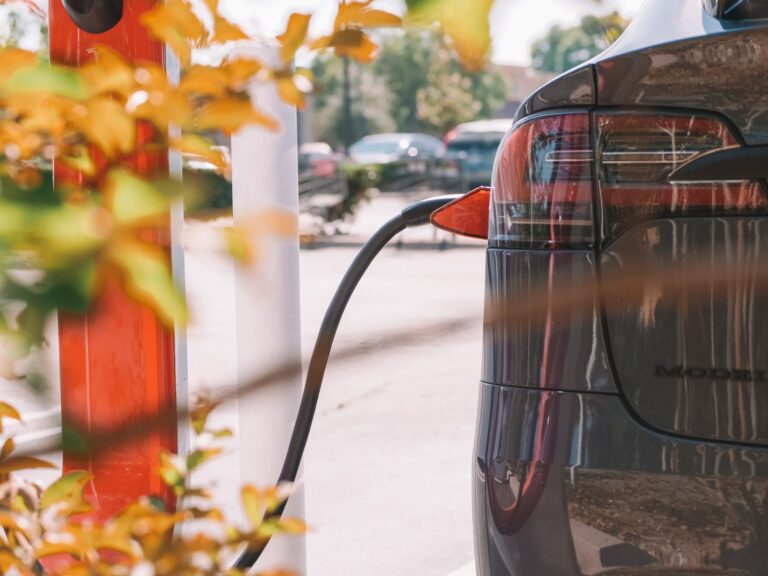Electric Car Batteries Explained: Types, Pros, Cons, and Which Is Best.
As the world shifts toward sustainable transportation, electric vehicles (EVs) have taken center stage. At the heart of every EV lies its battery—the powerhouse that determines its range, performance, and environmental impact. With so many types of electric car batteries available, understanding their differences is crucial for making informed decisions.
In this comprehensive guide, we’ll explore the most common types of EV batteries, their advantages and disadvantages, and how they stack up against each other. We’ll also dive into emerging battery technologies and what the future holds for electric vehicles.
Why Electric Car Batteries Matter
Electric car batteries are more than just energy storage devices—they define the driving experience. From range and charging speed to cost and environmental impact, the type of battery used in an EV plays a pivotal role. As battery technology evolves, so do the capabilities of electric vehicles, making it essential to stay informed about the latest advancements.
Types of Electric Car Batteries
1. Lead-Acid Batteries: The Pioneer
Lead-acid batteries are one of the oldest and most widely used battery technologies. They’ve powered everything from traditional cars to early electric vehicles.
Pros:
- Affordability: Lead-acid batteries are among the cheapest options, making them accessible for budget-conscious buyers.
- Reliability: With decades of use, their technology is well-understood and dependable.
Cons:
- Low Energy Density: They store less energy per unit of weight, resulting in shorter driving ranges.
- Heavy and Bulky: Their size and weight can limit vehicle design and efficiency.
- Short Lifespan: Typically lasts 3–5 years, requiring frequent replacements.
- Environmental Impact: Contains toxic materials like lead, necessitating proper recycling.
Best For: Secondary systems in hybrid vehicles or low-cost EVs where range isn’t a priority.
2. Nickel-Cadmium (Ni-Cd) Batteries: The Durable Option
Nickel-cadmium batteries were once a popular choice for electric vehicles due to their durability and energy density.
Pros:
- High Energy Density: Offers better range than lead-acid batteries in a smaller package.
- Durability: Handles frequent charging cycles better than many alternatives.
Cons:
- Temperature Sensitivity: Performance drops in extreme temperatures.
- Memory Effect: Requires complete discharge before recharging to maintain capacity.
- Toxicity: Cadmium is harmful to the environment, making disposal a challenge.
Best For: Older EV models or specific industrial applications; rarely used in modern EVs.
3. Lithium-Ion (Li-ion) Batteries: The Modern Standard
Lithium-ion batteries are the most common type of battery used in electric vehicles today, powering popular models like the Tesla Model 3 and Nissan Leaf.
Pros:
- High Energy Density: Provides longer driving ranges in a lightweight design.
- Long Lifespan: Retains 80% capacity after 8–10 years with proper care.
- Fast Charging: Supports rapid charging technology, reducing downtime.
Cons:
- Cost: Expensive to manufacture, contributing to higher EV prices.
- Thermal Runaway Risk: Overheating or damage can lead to fires, though rare.
Best For: Most modern electric vehicles, offering a balance of performance, range, and longevity.
4. Lithium Iron Phosphate (LiFePO4): The Safe and Stable Choice
Lithium iron phosphate batteries are a subtype of lithium-ion batteries gaining traction for their safety and longevity.
Pros:
- Stability: Resists overheating, reducing the risk of thermal runaway.
- Long Lifespan: Lasts 10–15 years, outperforming traditional Li-ion batteries.
- Eco-Friendly: Uses non-toxic materials, making it easier to recycle.
Cons:
- Lower Energy Density: Slightly heavier, which can affect vehicle range.
- Higher Cost: More expensive than standard lithium-ion batteries.
Best For: EVs prioritizing safety and long-term value over maximum range.
Comparing Electric Car Batteries
| Battery Type | Cost | Lifespan | Energy Density | Safety | Environmental Impact |
|---|---|---|---|---|---|
| Lead-Acid | $ | 3–5 years | Low | Moderate | High (toxic materials) |
| Nickel-Cadmium | $$ | 5–8 years | Moderate | Low | High (toxic materials) |
| Lithium-Ion | $$$ | 8–10 years | High | Moderate | Moderate |
| LiFePO4 | $$$$ | 10–15 years | Moderate-High | High | Low |
Emerging Battery Technologies
As the demand for electric vehicles grows, researchers and manufacturers are working on next-generation battery technologies to address current limitations.
1. Solid-State Batteries
Solid-state batteries replace the liquid electrolyte in lithium-ion batteries with a solid material, offering higher energy density, faster charging, and improved safety. Companies like Toyota and QuantumScape are leading the charge in this area.
2. Sodium-Ion Batteries
Sodium-ion batteries use abundant and inexpensive materials, making them a cost-effective alternative to lithium-ion. While their energy density is lower, they show promise for stationary storage and shorter-range EVs.
3. Graphene Batteries
Graphene, a super-strong and conductive material, could revolutionize EV batteries by enabling ultra-fast charging and significantly higher energy density.
4. Hydrogen Fuel Cells
Though not a battery, hydrogen fuel cells are an alternative energy source for EVs. They produce electricity through a chemical reaction between hydrogen and oxygen, emitting only water vapor.
Factors to Consider When Choosing an EV Battery
- Range: Higher energy density batteries like lithium-ion offer longer ranges.
- Cost: Balance upfront costs with long-term savings from battery lifespan.
- Safety: Consider batteries with built-in cooling systems and thermal management.
- Environmental Impact: Opt for recyclable and non-toxic options like LiFePO4.
- Charging Speed: Faster charging reduces downtime, especially for long trips.
The Future of Electric Car Batteries
The EV battery industry is evolving rapidly, driven by advancements in materials science, manufacturing, and sustainability. Key trends to watch include:
- Cost Reduction: Economies of scale and improved production methods are lowering battery prices.
- Sustainability: Increased focus on recycling and using eco-friendly materials.
- Performance: Innovations like solid-state and graphene batteries promise higher energy density and faster charging.
Conclusion
Electric car batteries are the backbone of the EV revolution, and understanding their differences is essential for making informed decisions. From the affordable but limited lead-acid batteries to the high-performance lithium-ion and LiFePO4 options, each type has its strengths and weaknesses.
As technology advances, we can expect even more efficient, affordable, and sustainable batteries to power the electric vehicles of the future. Whether you’re an EV enthusiast, a potential buyer, or simply curious about the technology, staying informed about battery innovations will help you navigate the exciting world of electric mobility.
By choosing the right battery for your needs, you can enjoy a cleaner, greener, and more efficient driving experience. The future of transportation is electric—and it’s powered by batteries.






